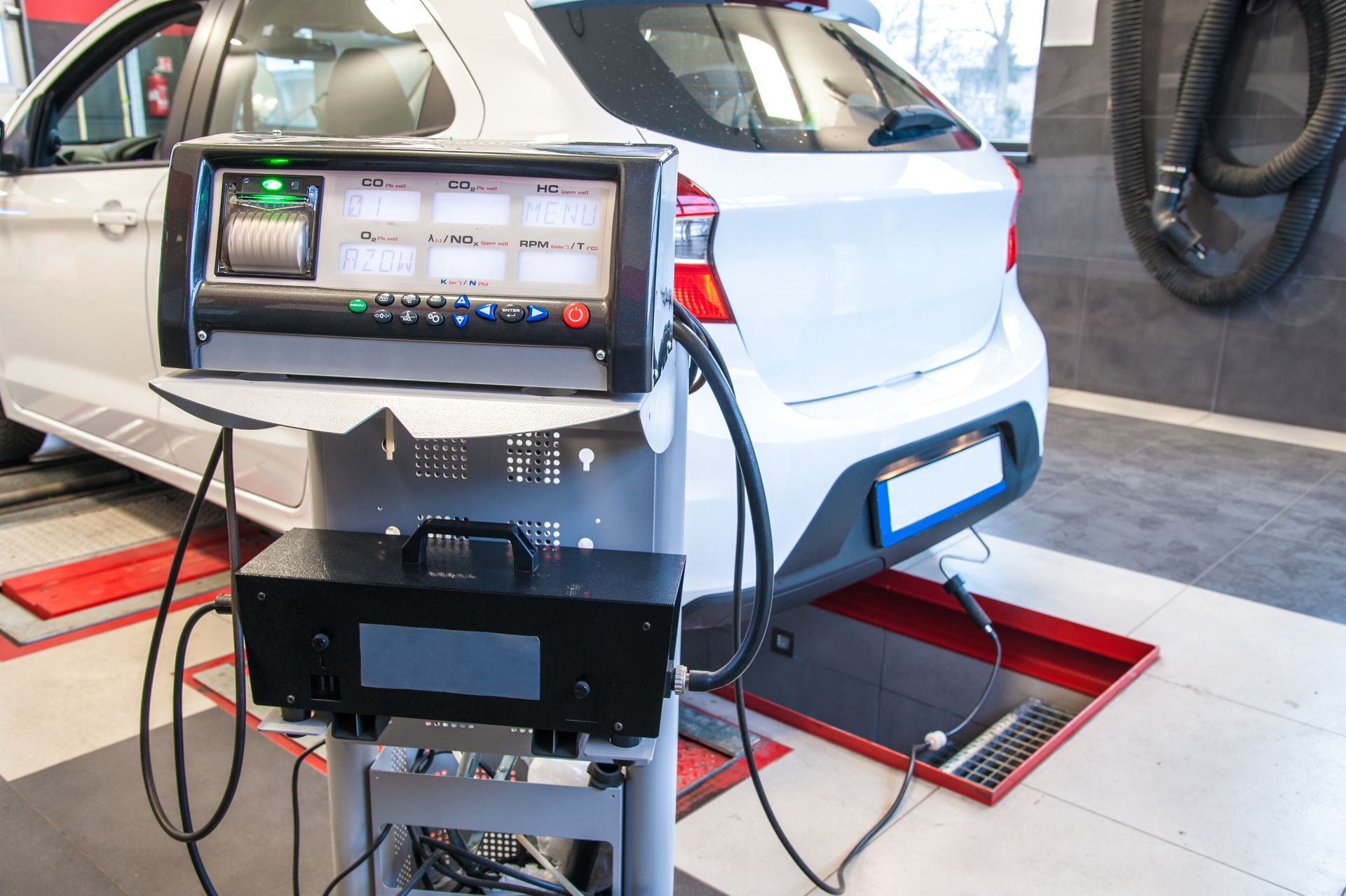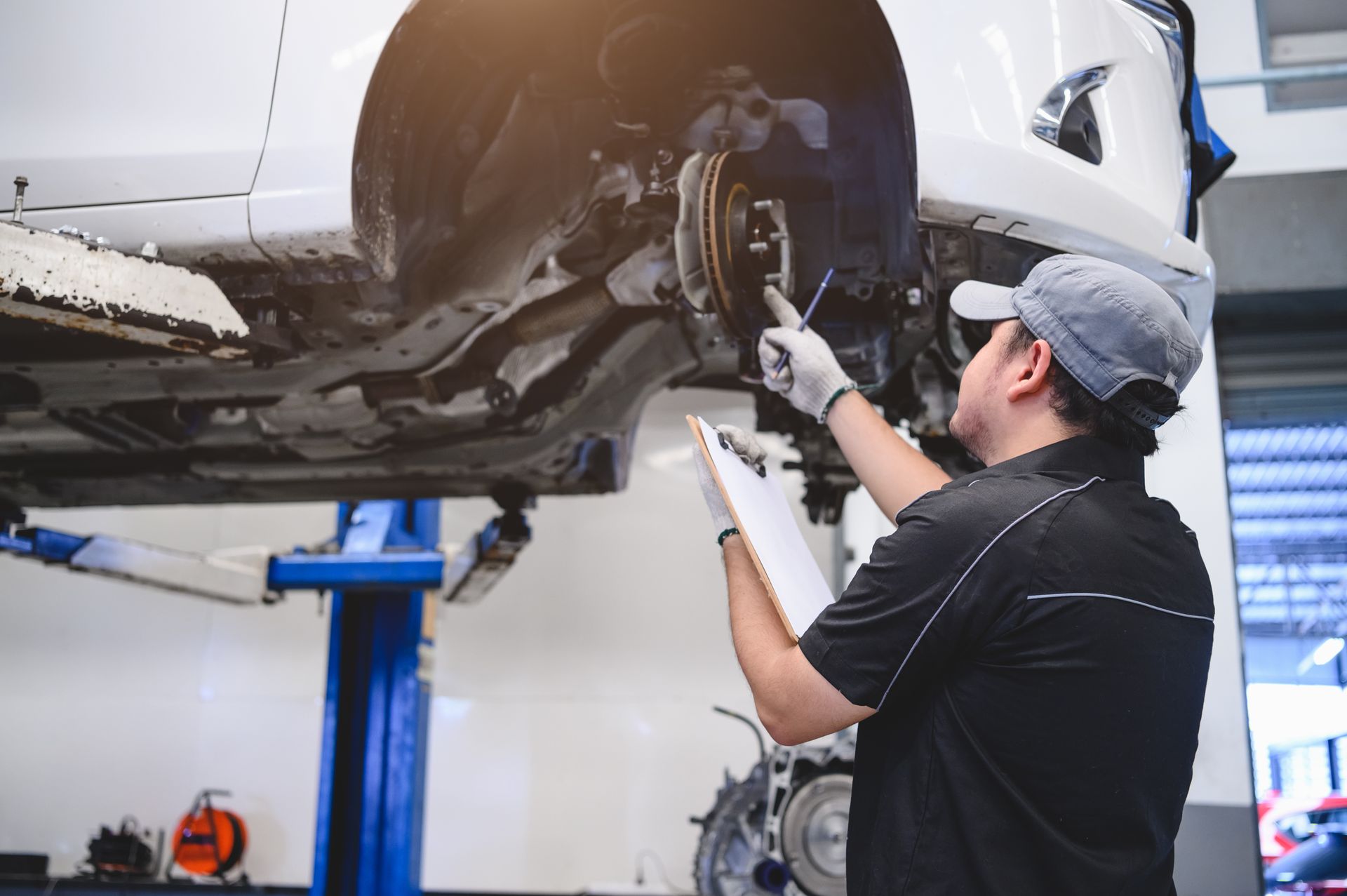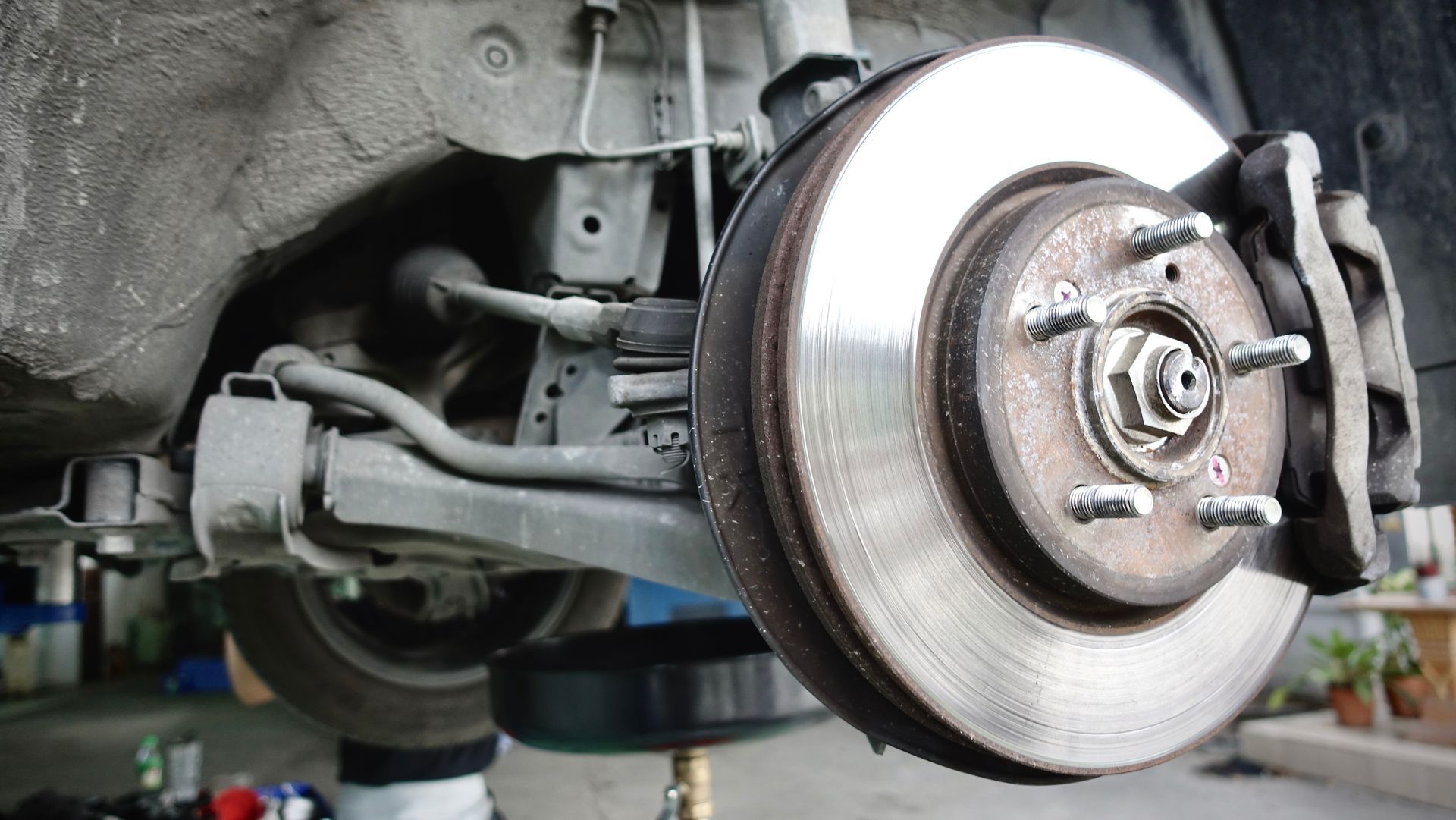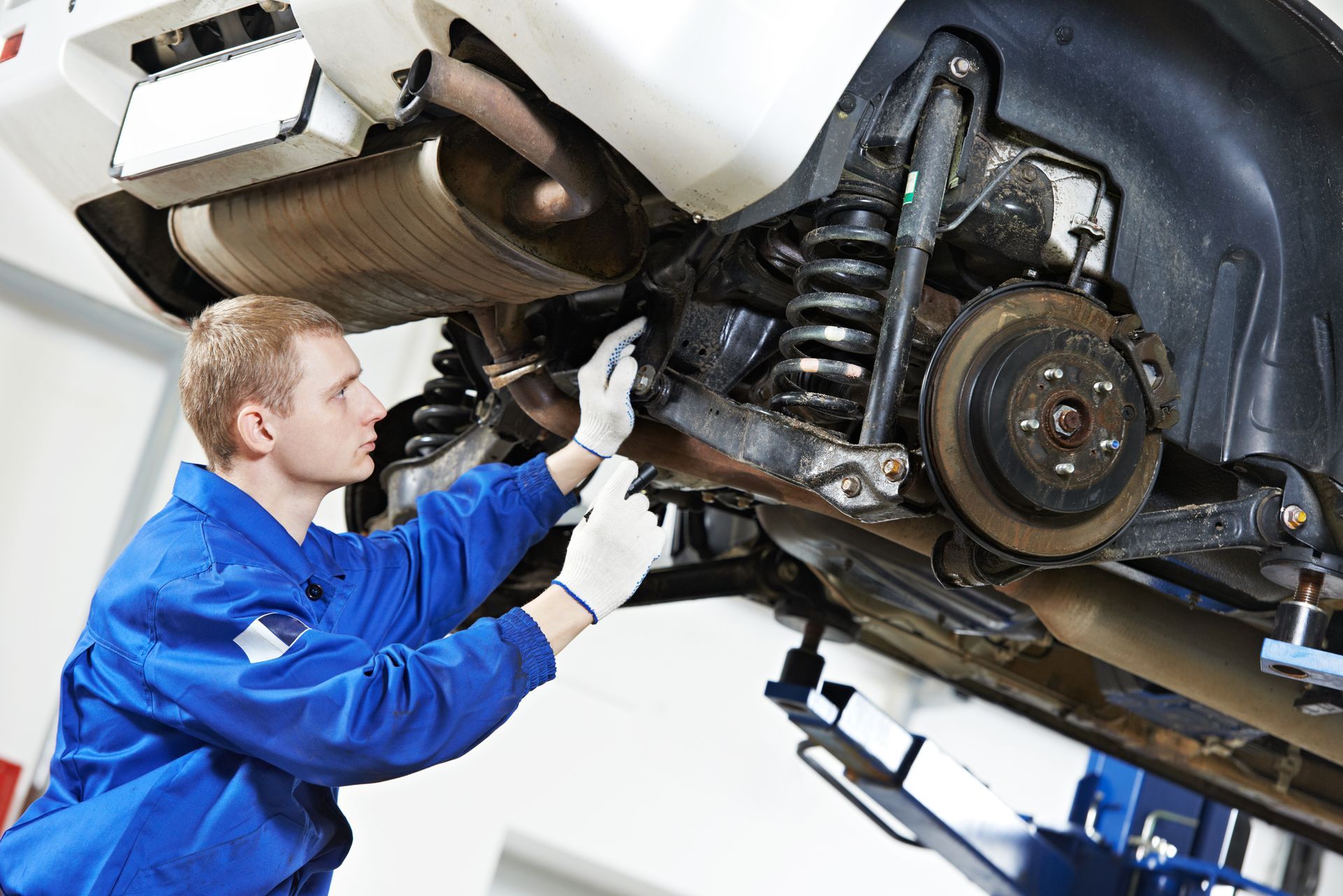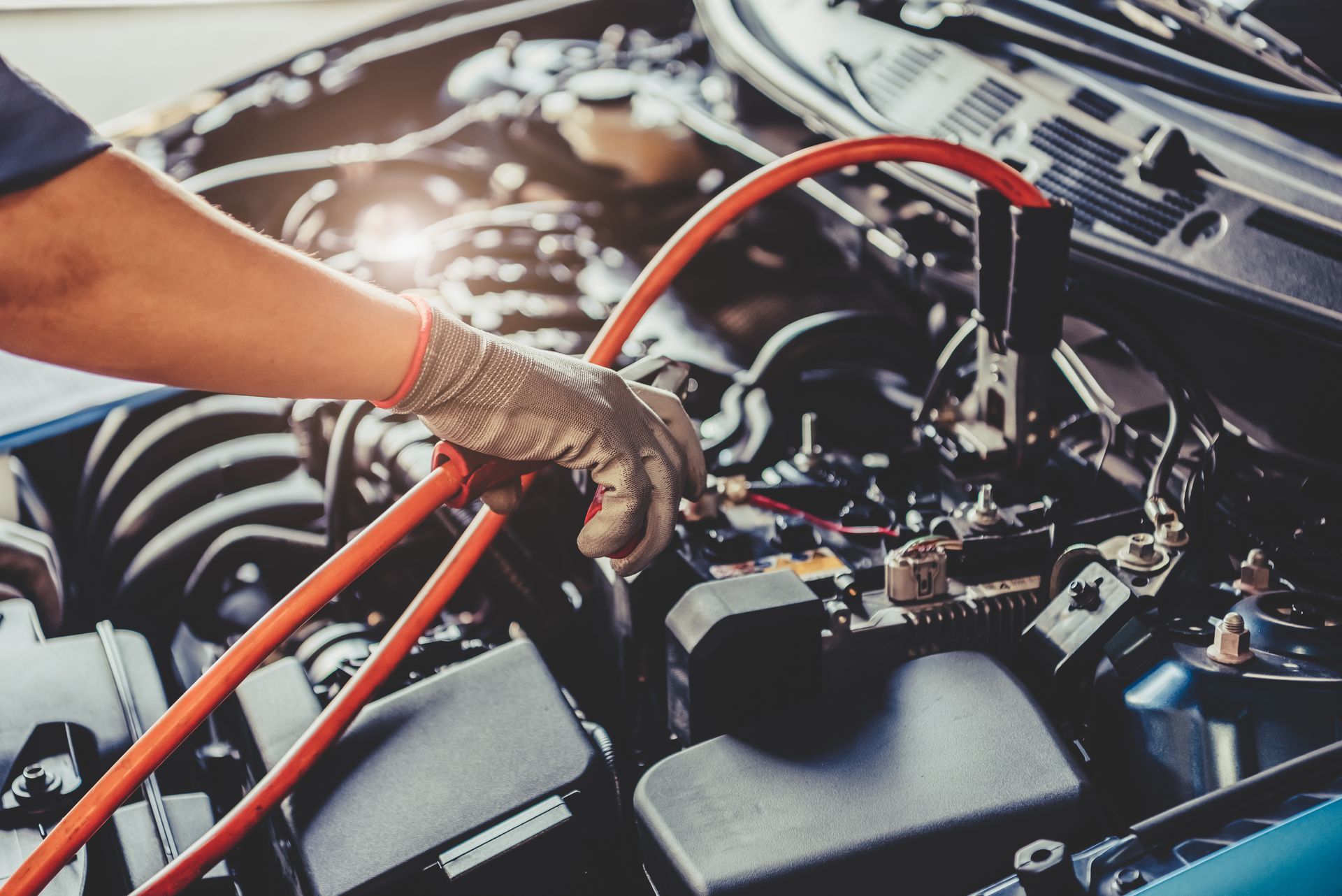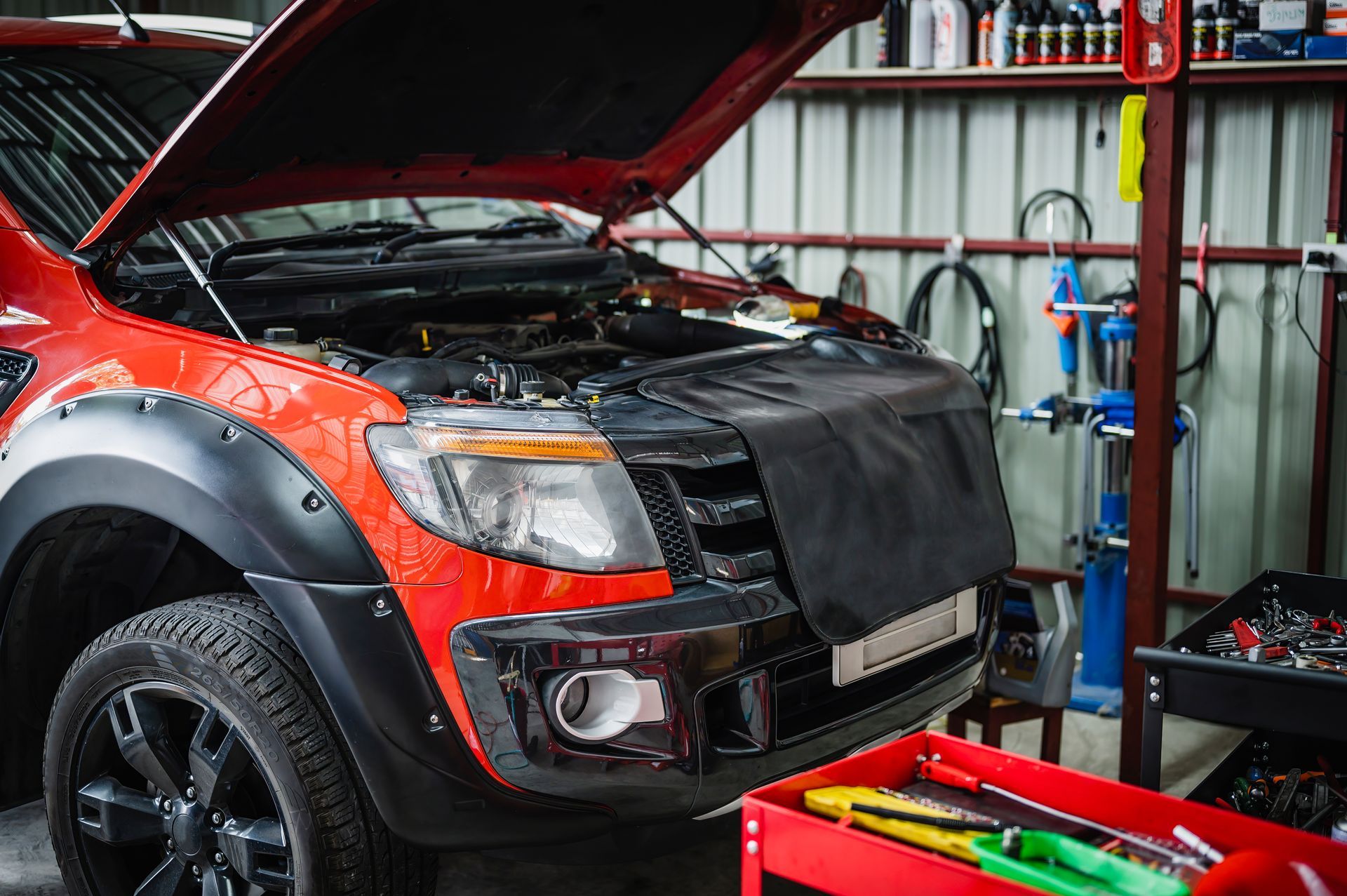Loading ...
Missing business hours data / Error occurred while getting the data.
Loading ...
Missing business hours data / Error occurred while getting the data.
Loading ...
Missing business hours data / Error occurred while getting the data.
Is My Car's Exhaust System Clogged?
July 26, 2024
Ever noticed your car's performance dipping lately? Perhaps you're experiencing unusual noises or an increase in fuel consumption. If so, a clogged exhaust system might be the culprit. Understanding how your exhaust system works and recognizing the signs of clogging can save you from major repairs.
Car's Exhaust Systems
The exhaust system is more than just a pipe expelling fumes. It's a complex network designed to control emissions, reduce noise, and enhance engine performance. Key components include the exhaust manifold, catalytic converter, oxygen sensors, muffler, and tailpipe. Each part plays a role in ensuring your car runs smoothly and efficiently.
Signs Your Exhaust System Might Be Clogged
1. Decreased Engine Performance
One of the first signs of a clogged exhaust system is a noticeable drop in engine performance. Have you felt your car struggling to accelerate or maintain speed? This could be due to restricted airflow caused by a blockage in the exhaust system, forcing the engine to work harder and reducing overall power.
2. Unusual Noises
A healthy exhaust system should operate quietly. If you hear rattling, hissing, or popping noises, it could indicate a problem. Rattling might suggest a loose or damaged component while hissing could be a sign of an exhaust leak. Popping noises are often due to backpressure caused by a blockage.
3. Increased Fuel Consumption
If you're making more frequent stops at the gas station, a clogged exhaust system might be to blame. When the exhaust system is obstructed, the engine needs to burn more fuel to compensate for the reduced airflow, leading to decreased fuel efficiency.
4. Strong Odors
A properly functioning exhaust system should effectively expel harmful gasses away from the vehicle. If you smell strong fumes or a rotten egg odor inside or around your car, it could indicate a problem with the catalytic converter or another part of the exhaust system. This is not only a performance issue but also a significant safety concern.
5. Check Engine Light
The check engine light can illuminate for various reasons, including a clogged exhaust system. Modern vehicles are equipped with sensors that monitor the exhaust system's performance. When these sensors detect irregularities, such as increased back pressure or poor emissions, the check engine light comes on.
Common Causes of Clogged Exhaust Systems
Carbon Buildup
Over time, carbon deposits can accumulate inside the exhaust system, particularly in the catalytic converter and muffler. These deposits restrict airflow and can lead to clogging. Regular maintenance and using high-quality fuel can help minimize carbon buildup.
Damaged Catalytic Converter
The catalytic converter plays a vital role in reducing harmful emissions. However, it can become clogged or damaged due to overheating, contamination, or physical impact. A failing catalytic converter can cause significant performance issues and is a common reason for exhaust system blockages.
Faulty Oxygen Sensors
Oxygen sensors monitor the levels of oxygen in the exhaust gasses and help regulate the air-fuel mixture. When these sensors malfunction, they can send incorrect readings to the engine control unit, leading to poor engine performance and potential clogging in the exhaust system.
Diagnosing a Clogged Exhaust System
Visual Inspection
Start by visually inspecting the exhaust system. Look for visible damage, rust, or leaks in the pipes and connections. Then, check the catalytic converter and muffler for signs of wear or damage.
Listen for Unusual Sounds
Turn on your car and listen carefully. Pay attention to any unusual noises coming from the exhaust system. Rattling, hissing, or popping sounds can help pinpoint the location of the problem.
Professional Diagnostic Tools
For a thorough diagnosis, professional technicians use advanced diagnostic tools. These tools can measure back pressure levels and scan for error codes related to the exhaust system. A professional inspection at Absolute Auto Repair can accurately identify the cause and extent of the clogging.
Fixing a Clogged Exhaust System
Cleaning or Replacing Components
If the clogging is due to carbon buildup, a professional cleaning can often resolve the issue. Replacement might be necessary for more severe blockages, such as a damaged catalytic converter. Ensuring all components are in good condition is crucial for optimal performance.
Regular Maintenance
Preventive maintenance is key to avoiding clogged exhaust systems. Regularly servicing your vehicle, using high-quality fuel, and avoiding short trips that prevent the exhaust system from reaching optimal operating temperature can help keep the system clear.
Noticed a drop in your car's performance? Visit
Absolute Auto Repair for a comprehensive exhaust system check-up today!
Loading ...
Missing business hours data / Error occurred while getting the data.
Our Location
Having Trouble Finding Us?
Loading ...
Missing nap lines data / Error occured while getting the data.





